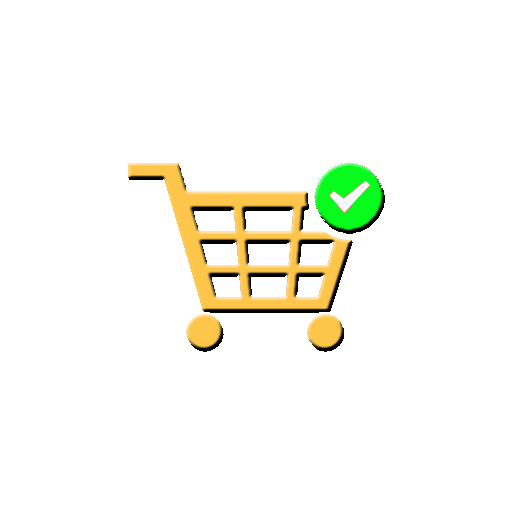Hemp Industry Included In Coronavirus Stimulus Package
- Mar 28, 2020
- 2 min read

A new $2.2 trillion package designed to prevent the U.S. economy from collapsing has room for hemp businesses and farms.
The relief package signed into law Friday allows legal hemp operators to seek loans and direct aid to help keep their businesses afloat.
The measure includes:
$10 billion for Small Business Administration emergency grants, with up to $10 million of emergency relief per business
Up to $50 billion in borrowing authority for the U.S. Department of Agriculture’s Commodity Credit Corp., often called CCC.
$100 million in grants to improve rural broadband..
The U.S. Department of Agriculture assured farmers late Friday that they would not be forgotten in coronavirus assistance.
“We will deliver relief assistance to farmers and ranchers as quickly as possible,” Secretary Sonny Perdue said in a statement.
“Americans across the nation are stepping up to the challenges facing them during these uncertain times. At USDA we are doing our part to ensure those who need help will get it, whether it’s through nutrition assistance, ensuring the food supply chain is safe and secure, or through new flexibilities with our Rural Development loan programs.”
The legislation also establishes a $454 billion program for guaranteed, subsidized loans to larger industries in hopes of leveraging up to $4.5 trillion in lending to distressed businesses.
“This is a time to remember that we are citizens of the greatest nation on Earth, that we have overcome every challenge we have faced, and we will overcome this one,” GOP Whip Liz Cheney of Wyoming said.
‘Missed Opportunity’
Hemp entrepreneurs cheered the package. But some say Congress left some additions undone that could have boosted the industry.
Some circulated a petition calling for Congress to use the coronavirus bill to expand hemp opportunities by:
Adding the SAFE Banking Act to make it easier for hemp and CBD businesses to borrow from banks.
Changing the Internal Revenue Service (IRS) tax code to allow people to use money in tax-shielded health savings accounts or flexible spending accounts to buy hemp and CBD products.
Changing dietary supplement rules to allow over-the-counter CBD sales for two years.
Those measures did not make the final cut, leading hemp entrepreneurs like David Metzler, CEO of CBDCapitalGroup, feeling like Congress left its job only partially done.
“It’s a great start, but the industry needs a lot more to incentivize them to plant again after all that happened last year,” meaning low commodity prices for hemp extracts like CBD.
“Now with coronavirus there’s not really an incentive to encourage (farmers) to grow hemp and not other crops.”
The crisis means that the U.S. Food and Drug Administration could move even more slowly on reconsidering CBD and other hemp extracts outside pharmaceutical channels. The FDA has been reviewing CBD for nearly a year but not taken action to expand its legal use.
“It was a missed opportunity to help a lot of farmers and lot of entrepreneurs” by allowing over-the-counter CBD sales, Metzler said.
Next Steps
Hemp entrepreneurs will now need to seek executive action to speed FDA approval for CBD, he said.
Metzler said another petition campaign will begin soon to urge White House attention to the matter. The pandemic means that businesses in the CBD space need urgent action to boost consumer and retailer confidence.
“The whole (CBD) ecosystem is constrained,” he said.
Written By: Hemp Industry Daily Staff
Additional Contributions: Associated Press





Comments